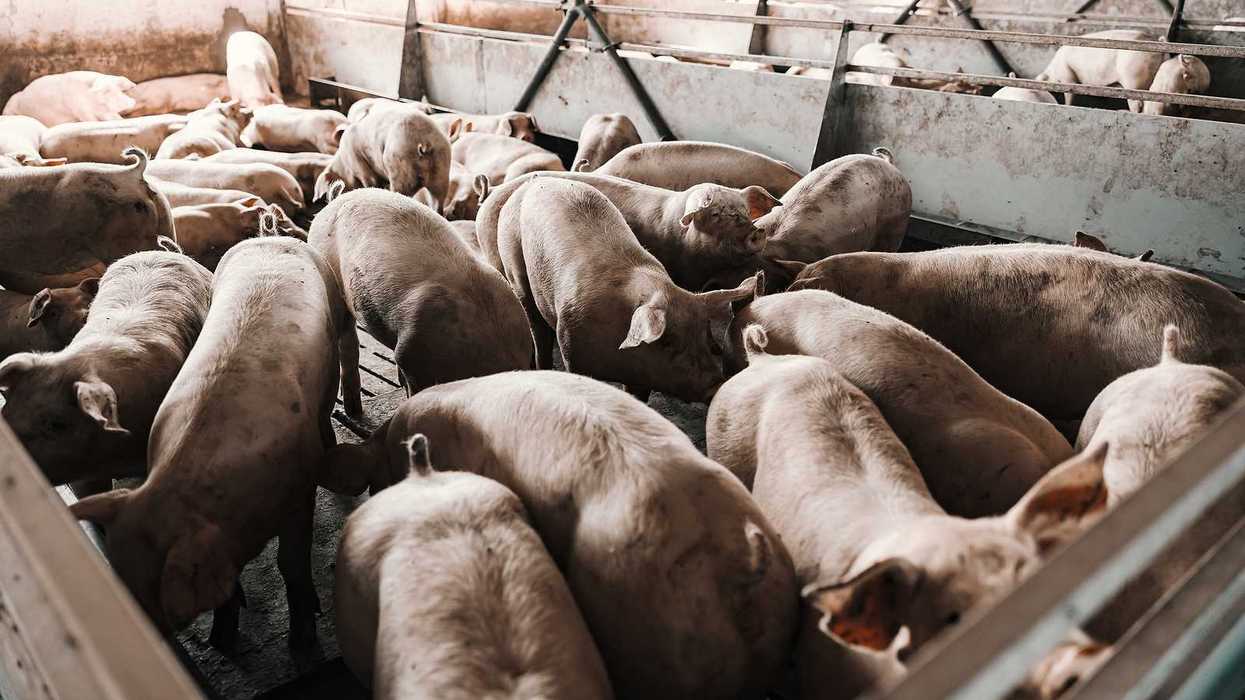Paraquat, a widely available herbicide, is fueling one of the world’s highest suicide rates in Suriname, where efforts to regulate the chemical face steep logistical and political challenges.
Ted Alcorn reports for The New York Times.
In short:
- Paraquat, developed by the chemical company Syngenta, is implicated in the majority of suicides in Suriname, where its widespread household availability makes it a dangerously accessible poison with no antidote and near-certain lethality.
- Global research and prior bans in countries like Sri Lanka and South Korea show that restricting access to such toxic pesticides sharply reduces suicide rates; Suriname is now weighing similar measures.
- The government’s limited resources, entrenched chemical-intensive farming practices, and lack of mental health infrastructure pose major obstacles to effective reform, despite increasing international support and growing public health concerns.
Key quote:
“It’s very easy to find, and most every house has one bottle or more.”
— Ashna Badrising, English instructor at the E.H. Cabell School
Why this matters:
Pesticide-induced suicides represent a largely hidden public health crisis, particularly in agricultural regions of the Global South where regulations are weak and access to agrochemicals is largely unchecked. Paraquat, still legal in the U.S. and widely used in low-income countries, kills quickly and painfully. The correlation between its availability and suicide rates is well-documented, yet international action has been patchy. Beyond acute toxicity, chronic exposure has been linked to neurodegenerative diseases like Parkinson’s. In places like Suriname, where mental health services are scarce and economic pressures high, easy access to such a lethal substance can turn fleeting despair into irreversible tragedy. Stricter control measures, while politically fraught, may be one of the most direct ways to save lives.
Related: Pesticide use by farmers linked to high rates of depression, suicides














